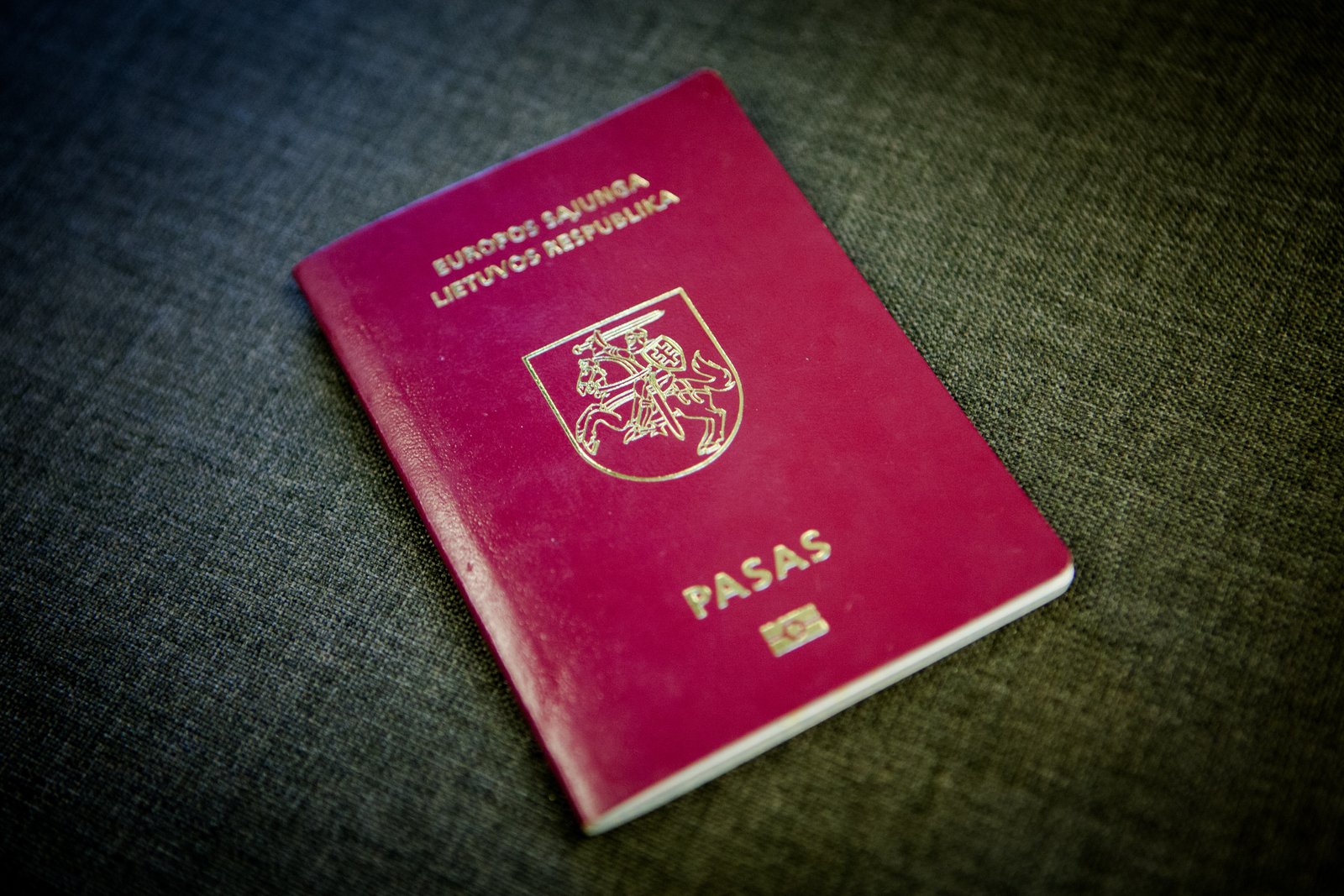

DELFI / Šarūnas Mažeika
“Technically, the letters are already in use in documents of our institutions. There are court rulings, there are many of them, and migration units are instructed to spell names in the original language. Even more, there have been claims against the police as an institution for compensation of litigation costs. This way, we have many people involved in judicial proceedings, busy courts, inconveniences for people and we, as a state, incur financial damages,” Skvernelis told Žinių Radijas news radio on Thursday.
Therefore, in his words, the decision in parliament has matured and “has a chance of adoption,” regardless of the major opinion differences in the ruling political group of the Farmers and Greens Union.
In his speech at the Lithuanian parliament on Tuesday, Polish Sejm Marshal Marek Kuchcinski called for support to the bill, which would allow original spelling of names in documents with non-Lithuanian alphabet.
“I, as the speaker of the Polish Sejm, would like to ask you, members of the Seimas, that in making your decision on citizens of the Republic of Lithuania of Polish origin, you should take into consideration their demands and your common interests, including geopolitical ones,” Kuchcinski said in his speech to the Lithuanian parliament.
“In the name of the past and the future, I am appealing to you, asking for the bravery that our grandparents had, asking for good will,” he said.
In the Lithuanian prime minister’s words, “both countries agreed that the conflicts and disagreements, which are often fueled artificially, only benefit our big neighbor.”
Legal acts currently in effect in Lithuania envisage that first and last names of Lithuanian citizens should be spelled in Lithuanian letters in identification documents.
The parliament is discussing several alternative bills on the spelling of names in documents. Under one of the bills, non-Lithuanian names of Lithuanian citizens would be spelled on the main page of the passport, if the applicant submits a source to validate the non-Lithuanian form of the name. This would be a possibility for Lithuanians who assume the last name of their foreign spouse after marriage.
Under the second bill, first and last names would be entered on an additional page of passports or the reverse side of the identity card. The government has not given its backing to this option.
I admit it: I’m not that type of person who follows domestic and international politics…
While Prime Minister Gintautas Paluckas does not take issue with the statements made by the…
Lithuanian economists are surprised to see our country's economic growth: the Estonian economy has been…
"The fate of Nemuno Aušra (Dawn of Nemunas) in the coalition has been decided; they…
Airvolve, a Lithuanian dual-purpose aeronautics company, has successfully completed its first round of testing and…
The world is becoming smaller, more intertwined, and increasingly fragmented, with many of the previous…